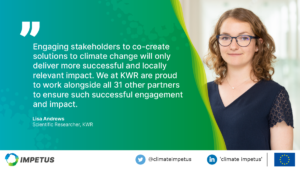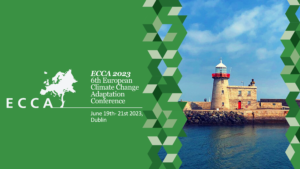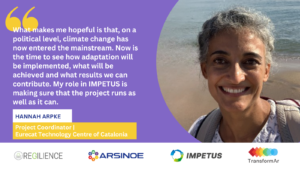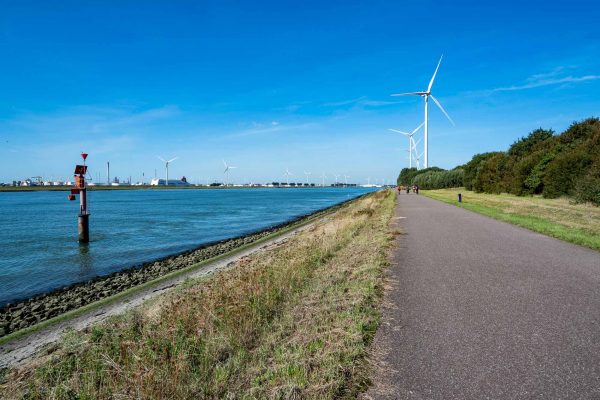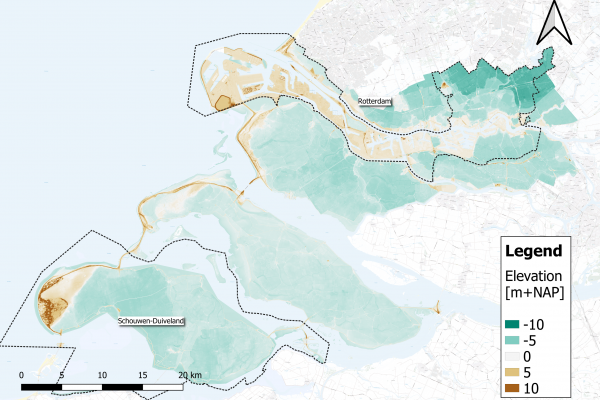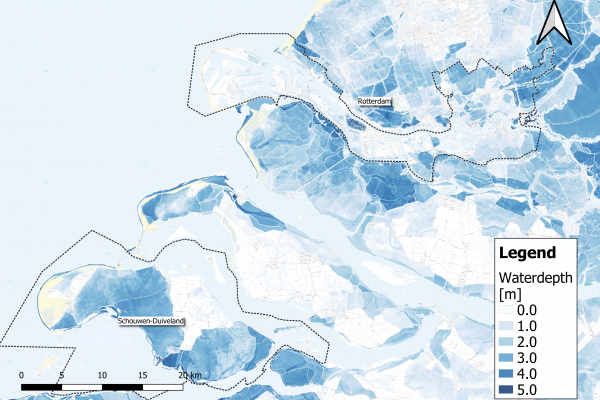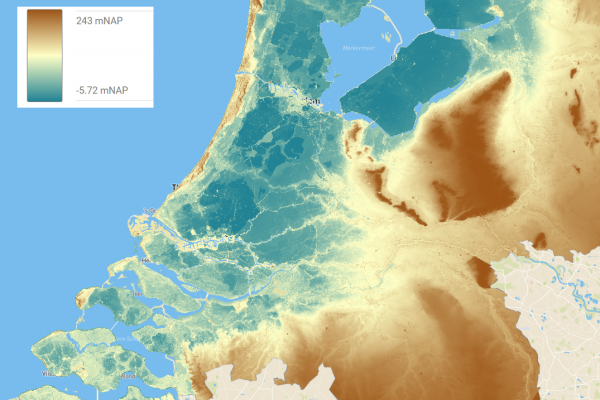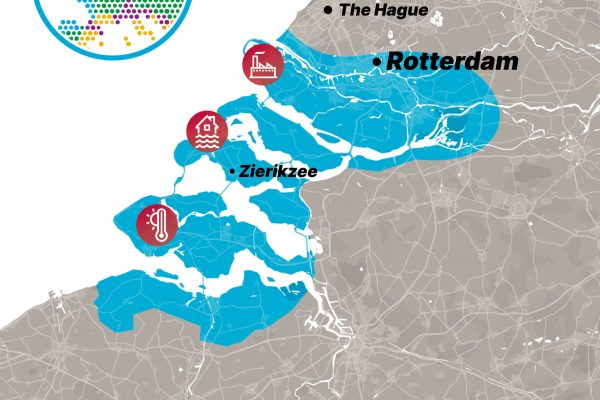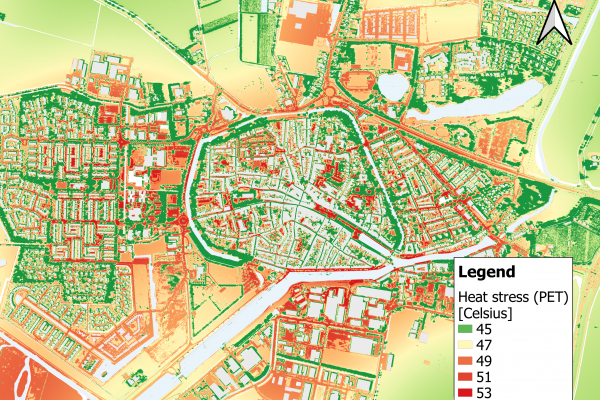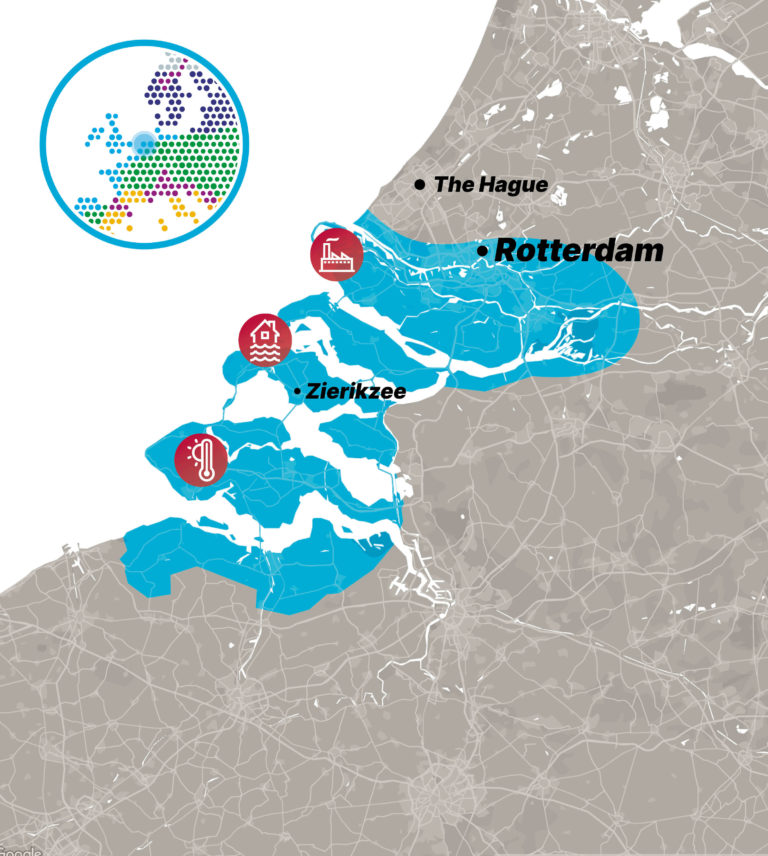
Prognosis
Current climate trends will exacerbate flooding risks - from rising sea levels and more frequent extreme weather - and will cause summer heat stress and increase droughts.
Situation
As the name Zeeland (‘sea land’) suggests, a large part of this province in the Netherlands is water. At around sea level, Zeeland has been subject to major flooding events throughout its history. The Rijnmond area around the port of Rotterdam in neighbouring South Holland province experiences similar issues. It also accounts for 15% of the country’s energy consumption, in large part by Europe’s largest petrochemical industry cluster.
Climate related issues

Flood risk
By 2050, regional sea level will rise 15-40 cm. There will also be more severe storms and intense rainfall.

High temperatures & heat stress
As global temperatures rise, extreme weather events will occur more often, with extended periods of high temperatures.

Energy and industrial decarbonisation
To be climate-neutral by 2050, energy use must be minimised and fossil fuels should be replaced by renewable sources.
Key actions
We are creating digital decision support tools for climate change mitigation and adaptation:
- supporting municipal spatial planning to adapt and create sustainable cities and communities with regards to:
- flood risk
- heat stress
- helping industries in the Port of Rotterdam to define mitigation strategies for decarbonisation and reduction of non-renewable energy use.
Co-creation of these solutions is at the heart of our approach; key stakeholders are included in designing and validating the tools.
Contact us

Jasper van Lieshout
Nelen & Schuurmans
jasper.vanlieshout[@]nelen-schuurmans.nl
Events
News
Resources
Relevant sectors:
Municipality
Citizens
Spatial planning
Chemical industry
Energy
Our ambitions
“Climate-related threats are growing in this Atlantic region. To deal with these threats and secure a safe environment, now is the time to accelerate climate adaptation measures in the Netherlands.
In our Atlantic demonstration site, we set ambitious goals for our IMPETUS work and solutions. These focus on alignment with national, regional and local programmes to enhance adaptation measures. These solutions are digital tools, that support decision makers in creating an adaptive and future-proof environment. We include local stakeholders in the design and creation of our tools in order to optimise their impact. We aim to use the tools in Rotterdam port and across Zeeland province. Our ultimate goal is that these solutions will be adopted by other areas as well.
Interested in what we are doing, why it is needed, and what we want to achieve? Feel free to reach out to us!”
Martine Rottink, Nelen & Schuurmans
- Introductory meetings with stakeholders
- Design tools with stakeholder inputs (e.g. workshops)
- Develop the tools
- Public exhibition at Watersnoodmuseum (flood risk)
- Test tools and gather feedback
- Launch tools (event)
- Public engagement (event)
- Apply tools to support decision makers within in the region
- Share tools and knowledge with other regions facing similar challenges
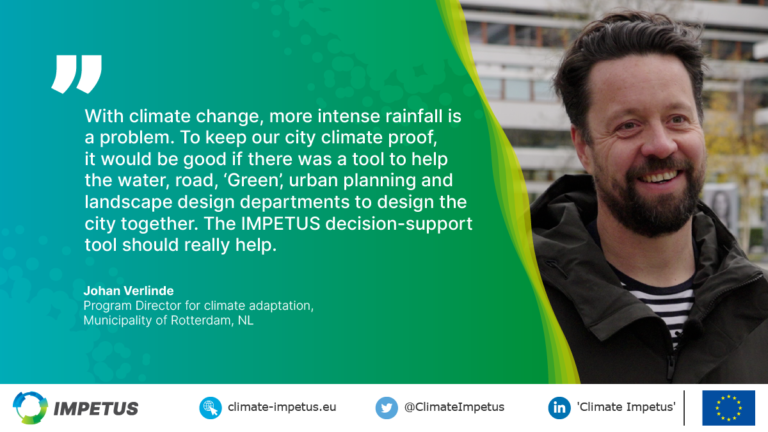
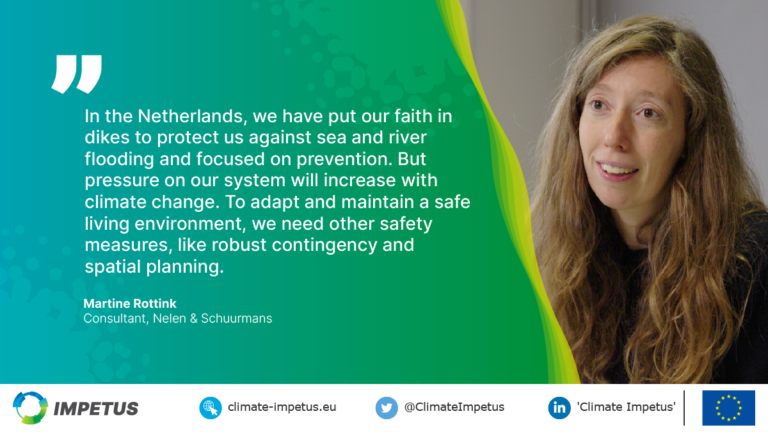
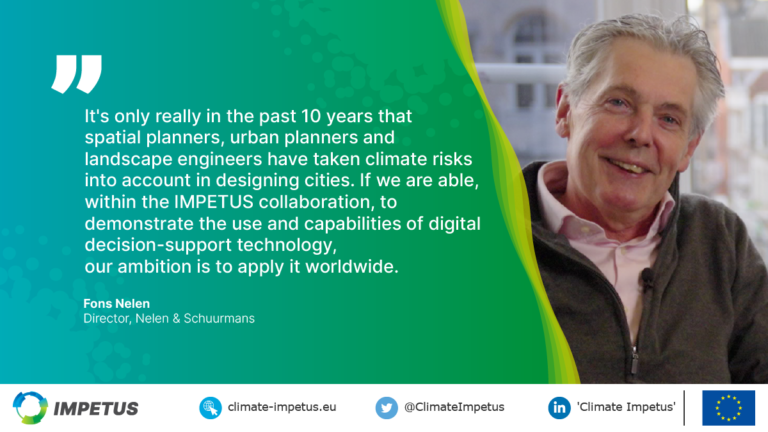
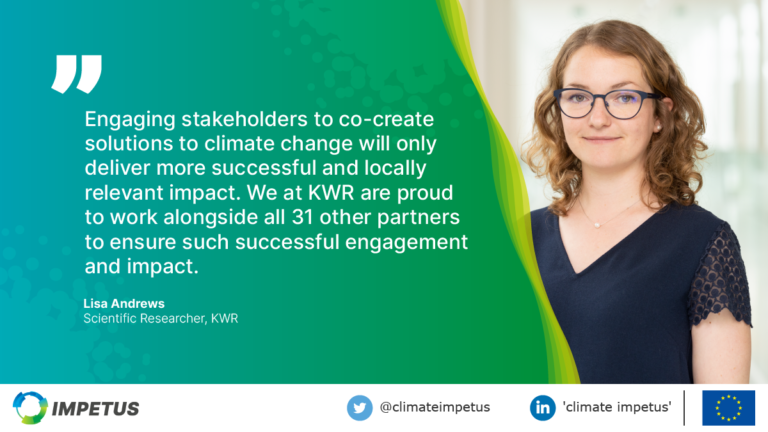
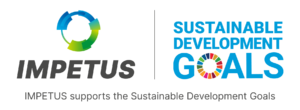
Issues
- Natural risk exacerbated by sea level rise and more extreme weather events triggered by climate change.
- Prolonged high temperatures impact liveability, infrastructure and water quality.
- Heat stress from extended periods of high temperatures and warmer nights impacts health and wellbeing of community.
- Wastewater representing more than 6 billion euro/year is produced by Rijnmond petrochemical cluster.
- This cluster consumes 70% (432 peta Joules) of the region’s energy, of which 64% (203 PJs) is wasted, >50% of which as wastewater.
Region-specific solutions
Flood risk decision support tool


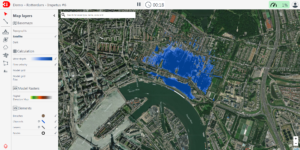 Climate risk is a relatively new consideration in the work of spatial planners and municipalities. IMPETUS is designing a digital decision support system that will provide insights into spatially varying flood risks and the expected effectiveness of different measures that could be taken.
This tool will advance integrated flood risk management by combining compelling visuals and rich geospatial data with the predictive power of flood risk modelling.
In the Atlantic region, the application of a flood risk model will better enable the investigation of solutions for climate-driven flooding.
Climate risk is a relatively new consideration in the work of spatial planners and municipalities. IMPETUS is designing a digital decision support system that will provide insights into spatially varying flood risks and the expected effectiveness of different measures that could be taken.
This tool will advance integrated flood risk management by combining compelling visuals and rich geospatial data with the predictive power of flood risk modelling.
In the Atlantic region, the application of a flood risk model will better enable the investigation of solutions for climate-driven flooding.
Our approach:
- Build a flood risk model in 3Di for the demonstration site region;
- Visualisation and gamification elements will give clear insight into flood risks and threats;
- Translate flood risk simulations into practical, ready-to-use and easy-to-understand information for decision makers in the field of spatial planning and development.
Heat risk decision support tool


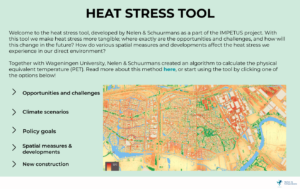 Longer and more frequent heat waves affect our infrastructure, health, and the liveability of our environment. The heat stress tool developed within the IMPETUS project will provide insights into current and future heat stress occurrences.
This tool can be used to obtain insight into heat stress ‘hotspots’, see the effect of different climate change scenarios on expected heat stress, and analyse the impact of different spatial planning measures and developments. The tool also allows users to set their heat stress ambitions and quantify the challenge that needs to be overcome in order to realise these ambitions.
Longer and more frequent heat waves affect our infrastructure, health, and the liveability of our environment. The heat stress tool developed within the IMPETUS project will provide insights into current and future heat stress occurrences.
This tool can be used to obtain insight into heat stress ‘hotspots’, see the effect of different climate change scenarios on expected heat stress, and analyse the impact of different spatial planning measures and developments. The tool also allows users to set their heat stress ambitions and quantify the challenge that needs to be overcome in order to realise these ambitions.
Our approach:
- The tool builds on recent advances by implementing the Physiological Equivalent Temperature (PET), using methodology developed by the Dutch National Institute for Public Health and the Environment (RIVM).
- Applying this methodology in combination with N&S’s ‘Lizard Geoblocks’ module allows for very fast, on-the-fly calculations of the PET heat stress map.
- Visualisation and gamification elements will make the tool more engaging and easier to use.
- The tool supports the exploration of how different spatial developments affect heat stress, such as planting trees, constructing new buildings, or changing surface types.
Decision support tool for industrial decarbonisation

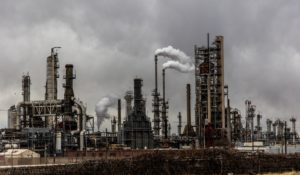
Our approach:
- The tool will map waste heat sources, recovered heat symbiosis and energy usage patterns, supporting waste heat integration.
- The tool will include options to add layers of different utility provisions, their requirements, and usage patterns of different industrial segments.
- This will enable industrial symbiosis and potentially support the development of a circular economy.
- A participatory approach will be used to gather the required data, by identifying the current consumption of energy and raw materials (including water), as well as emissions generated by companies in the cluster.
- The Community of Practice developed within the WATER-MINING project is expected to be instrumental for the engagement of local stakeholders, to provide access to required data and in the development of the support tool.

